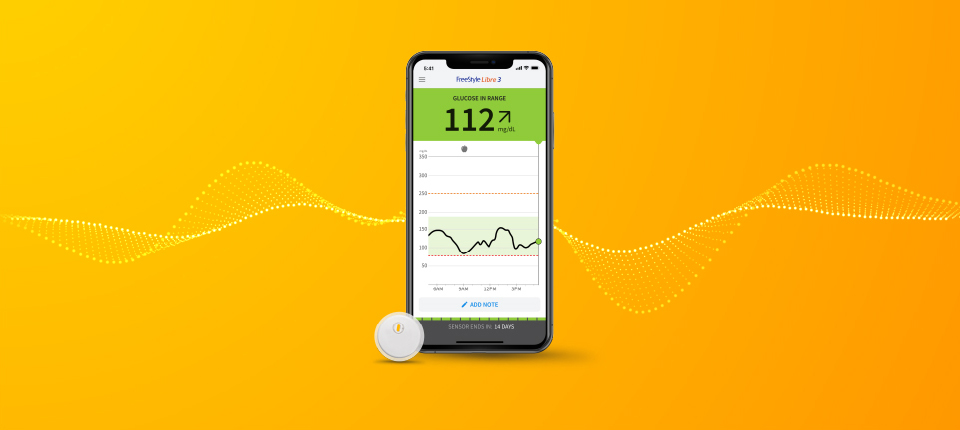Women and men in the U.S. have an unnerving statistic in common: Heart disease is the leading cause of death for both, the Centers for Disease Control and Prevention notes. But the causes — and effects — of heart disease appear differently in men and women. There's a big connection between levels of stress and heart disease, and women seem to be more vulnerable compared to men.
Here's a brief overview as to why stress can increase the risk of heart disease in women, and what women can do to get their stress levels in check.
How Stress Affects Women's Hearts
Women in the U.S. are consistently more likely to report higher levels of stress than men, according to the American Psychological Association's "Stress in America" survey. On a scale of 1 to 10, women rated their stress levels at a 5.0 versus a male average of 4.6 in 2016. And according to the American Heart Association (AHA) scientific statement published by Circulation, when women are exposed stressors, they are at a significantly higher risk of heart attacks than men in a similar situation.
Long-term stress increases exposure to the stress hormone cortisol and increases the risk of heart disease in women over time, according to the Mayo Clinic.
When these risk factors lead to heart attack in women, the symptoms can manifest differently than in men. Although both sexes often report chest pain as a symptom during a heart attack, women are more likely to report other symptoms, such as dizziness, weakness or anxiety.
3 Tips to Tackle Stress
Always consult your doctor if you're feeling overwhelmed or having difficulty managing your stress. Here are three daily activities to help you:
- Jam out and work out. Women, as well as men, cite exercising and listening to music as their main methods for dealing with stress, reports the APA. Whatever your speed, whether it's Bach and a brisk walk or hair metal and a sprint around the block, think about combining these activities to relax and tune out whatever's bothering you.
- Ease your mind. The Mayo Clinic suggests adding yoga and meditation to your list of stress-relieving activities. Yoga harnesses your physical and mental energy to achieve peace of body and mind. It also lowers blood pressure, heart rate and anxiety and stress levels. Take a moment to unplug, take a deep breath and clear your mind.
- Get social. According to the same APA poll, women are more likely to report that social activities, such as spending time with friends or family, are relaxing to them. The social approach is a wise one. Be proactive in reaching out to loved ones for support and in engaging in activities that connect people with shared interests. Sharing your heart with others just might help you protect it.
These are just a few ways you can reduce stress and chance of heart disease, but at the end of the day, you need to find what works best for you and your heart.






FOLLOW ABBOTT